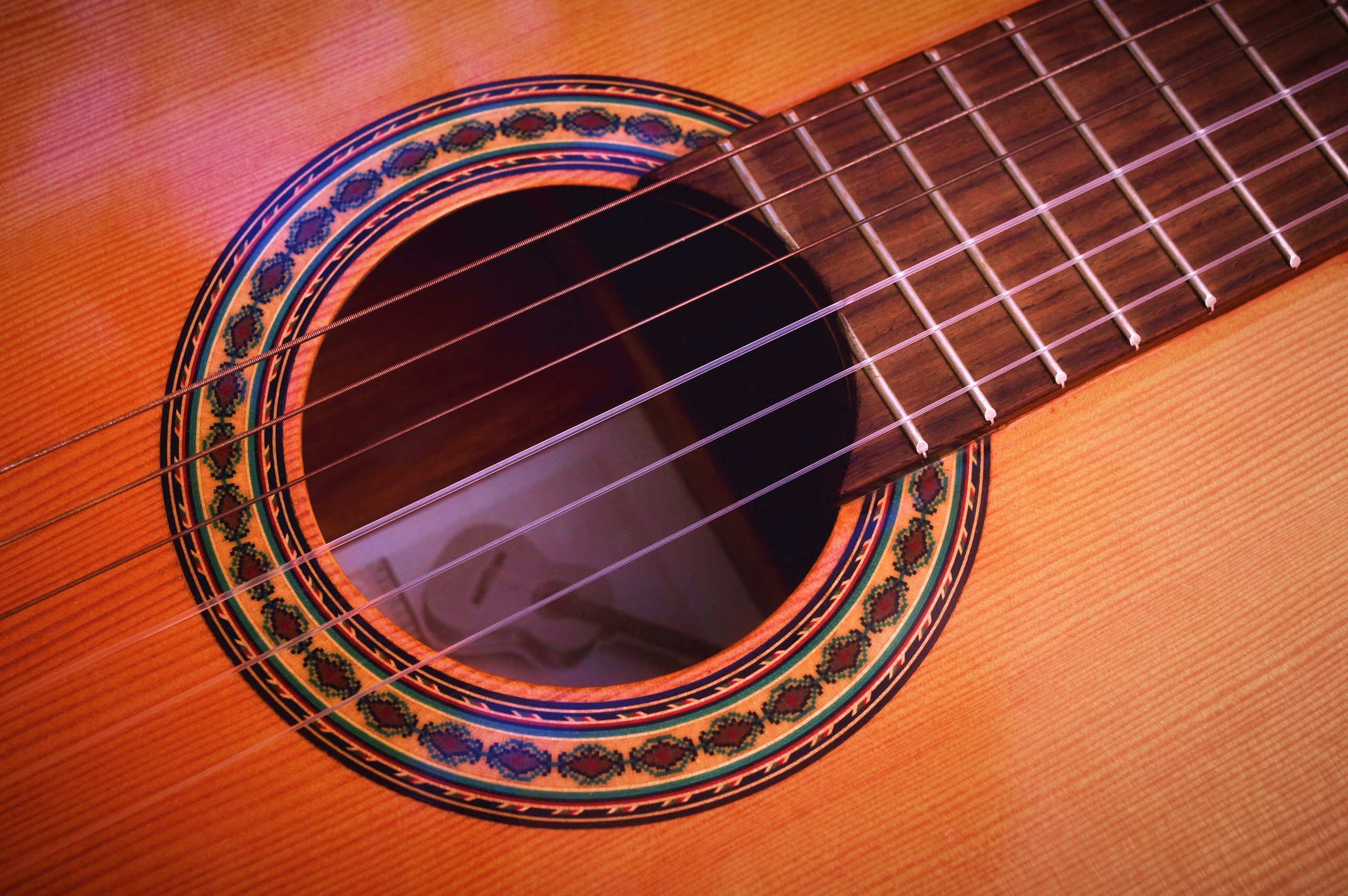“Should I play an electric or acoustic guitar as a first-time player?” This is perhaps the most debated question in music history, and it may come as a surprise to some, but neither option is superior. The greatest choice for a novice depends on the player’s musical preferences. If you haven’t given it much thought, consider asking yourself some fundamental questions such as:
- What kind of music would you like to perform?
- What type of guitar do you find most attractive?
- What sort of guitar do you picture yourself playing when you’re first starting out as a musician?
As a novice player, your first instrument is yours and yours alone. It’s critical to choose an instrument that speaks to you and motivates you to practice, learn, and play more, which will be essential for your overall success. Let’s face it; in order to become competent on guitar and develop your playing, you’re going to have to put down the beer bong.
If rock-n-roll is your driving inspiration and you want to be like your favourite guitar heroes, an electric guitar might be the way to go. If you’re a good ol’ boy from the hills and prefer bluegrass or country music, an acoustic model would probably make you happier to learn on (unless it’s a Telecaster because, well, Waylon Jennings).
We’d like to take a moment to go through the various instruments’ benefits since we want to assist you to choose which beginner’s option is ideal for you.

Pros of Acoustic Guitar
In my experience, many new players believe the default starting guitar is an acoustic instrument and that they must master it before progressing to an electric guitar. This was at least my sad tale as a youngster growing up in a household where we exclusively played acoustic guitar after Gram Parsons and Emmylou Harris. The fact that there is even a default pick is absurdly outdated, yet there are some compensations to learning an acoustic rather than an electric guitar.
Cost to Play
There is a significant price difference between the two. It’s not to suggest that the actual instrument is less expensive; rather, you’ll need an amplifier if you start out on electric guitar. That’s another cost you don’t have to worry about with an acoustic guitar. Aside from a capo, all that’s necessary for an acoustic guitar is a few accessories for an electric as well.
The Focus is there
Starting on an acoustic guitar also aids in the player’s concentration. There are no effects, pedals, or volume controls to distract you from your performance, allowing you to focus on the fundamentals of playing an instrument.

Mobility and Accessibility
Acoustic guitars are light and portable. You may transport your acoustic guitar in a travelling case and carry it on your back everywhere you go. Because your rig is simply a guitar in a case, this makes it easier to bring your guitar to a friend’s house to jam or carry your equipment to practice because all you have is a case.
If you have grand aspirations of joining a band and touring the country one day, travelling becomes simple. Flying is an excellent example; simply bring your instrument as a carry-on and you won’t need to worry about checking any additional equipment. Perhaps you want to be a street musician or go on a camping trip with your guitar? Acoustic guitars are preferred on the streets to electric guitars because it’s a lot more difficult with electric. You’ll need your amplifier first, and then you’ll have to search for a power source. If you want to play anywhere other than your living room, this makes it quite time-consuming.
The second is the accessibility of an acoustic guitar. Some gamers prefer the immediate accessibility of an acoustic guitar to that of a classical or electric guitar. People who prefer to pick up their instrument and play more frequently with an acoustic guitar find it easier to do so with one resting on a stand or in its case.



